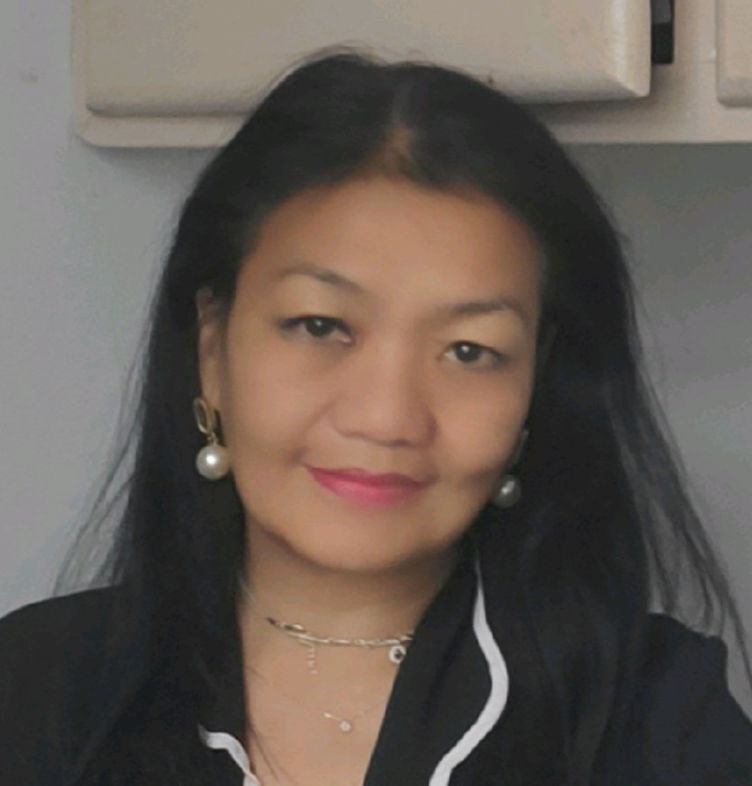Anchor babies for the new Cold War
- Admin

- Jul 10, 2023
- 4 min read


Guam and Chuuk have an icy soulmate: Greenland.
With autonomous self-rule except for defense and monetary policy, and perhaps a limited say in international affairs, Greenland has initiated a push for independence from Denmark, the nation whose greatest export is probably tins of butter cookies that I confess to enjoying every December.
Much to my chagrin, I have not been to Greenland. I’ve certainly seen it, but in the way that half of America and Europe has seen it: from economy class at 33,000 feet. It looked a lot like Alaska, which I am slightly more familiar with, courtesy of a youthful stint in Fairbanks half a lifetime ago.
And the specter of an independent Greenland raises the specter of unstable alliances and a shakeup of strategic deniability.
Greenland also happens to be the world’s largest island, a land mass that is rich in resources and strategically located, the flyway between North America and Europe and for hypersonic missiles on a polar loop. It’s also home to Pituffik Space Base, formerly known as Thule Air Force Base, the northernmost U.S. military installation.
Then again, when it comes to global chess, what island isn’t rich in resources and strategically located. Papua New Guinea: rich in resources. The Solomon Islands: strategically located. And every tale of hero-istic horror from World War II’s Pacific theatre: every remote rock had to be conquered, regardless of how small the garrison may be and how great the human cost because every rocky outpost had an airstrip or radio tower or deepwater harbor.
Not Cuba, though. We don’t tend to describe it as strategic or resource-rich, but China might. Hold that thought.
Shortly after I first arrived in the Pacific islands, I noticed a parallel between the Arctic— or at least the sub-Arctic—and Micronesia, courtesy of my time in Alaska.
While the physical climate between the world’s north and center couldn’t be more different, the political climate is very similar: a remote place with a small population, land and seascapes that are mind-numbingly beautiful yet stunningly expensive to see (to the point of being inaccessible to most people), an indigenous population that’s not sure where it fits in the world, economies dependent on tourism and resource extraction – let me be blunt: fishing, drilling and mining—and, despite dependence on cash infusions from outside, a pervasive desire not to belong to anything outside.
ADVERTISEMENT

As the U.S. Public Broadcasting Service’s Newshour recently reported, Greenland’s push for independence has brought much handwringing from Denmark, the U.S. and the European Union, fearful that a “predator state” (which, of course, means Russia) could gain influence, and that the potentially sovereign nation seeks to exploit its location for greater foreign support, namely American investments. If not American investments, then maybe a different investor.
After all, the international community, whatever that may be, never met a sovereign it didn’t like.
Sound familiar?
Predator states in the shadow of former benefactors that invested billions in military bases and general assistance?
An independent Chuuk, perhaps? A potential sovereign in a zone of strategic deniability that might decide that territorial access goes to the highest bidder?
Dissatisfaction with the status quo on Guam, despite the stable regional economy that U.S. military bases bring?
PBS Newshour, for one, has reported that Denmark currently provides a $500 million annual subsidy, plus money from the European Union. The U.S. for its part, is spending close to $4 billion for services on Pituffik over the next decade or so.
Which brings us back to Cuba. China has proposed joint military training facilities on the island, which, as we know, is less than 100 miles from Key West, Florida. And, of course, China wants to place spy technology there.
Well, the U.S. does have some experience in preventing unwanted military hardware from reaching Cuba. As in a 1962 blockade of Soviet ships carrying nuclear missiles following a disastrous U.S.-sponsored attempted invasion of the island.
The American approach to communism has long been to isolate Cuba while engaging China. Probably because China was a major manufacturer and economic powerhouse, and, well, Cuba gave the world cigars, rum and the Buena Vista Social Club.
So how should we respond to the shifting sands of loyalty? Of new benefactors in new territories under the shadow of powers that once thought themselves absolute?
I have a proposal: let’s call these islands Diplomatic Anchor Babies. As in nations using them to get a foothold into disrupting the comfort of other nations.
We all know what an anchor baby is – a non-citizen who enters the United States already pregnant or who deliberately gets pregnant after arrival, gives birth and thus secures U.S. citizenship for that child who in turn is an anchor for an extended family.
The term is about as pejorative as terms get. Is it xenophobic? Extremely. Borderline racist? Often.
Does anyone have a solution? Not really, because nobody can really define the problem.
But it’s time to come up with a new way of envisioning the world. And on that note, I know that I repeat myself.
Gabriel McCoard is an attorney who previously worked in Palau and Chuuk State. Send feedback to gabrieljmccoard@hotmail.com.
Subscribe to
our digital
monthly edition






